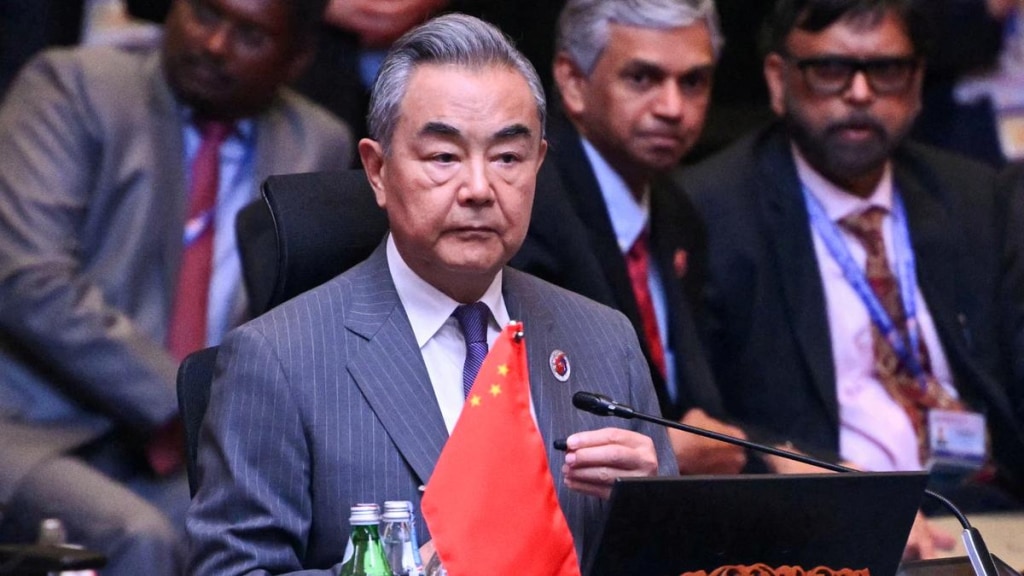Chinese Foreign Minister Wang Yi is set to visit India from Monday, August 18, to Wednesday, August 20, at the invitation of the Indian government. As per a statement issued by the Chinese foreign ministry on Saturday, the main objective of this visit would be to address the Himalayan border dispute between the two countries.
This visit marks the second such meeting to take place after the standoff between the Indian and Chinese troops in the Galwan Valley along the Line of Actual Control (LAC), which resulted in the death of around 20 Indian soldiers.
“Member of the Political Bureau of the CPC Central Committee, Minister of Foreign Affairs and China’s Special Representative on the China-India boundary question Wang Yi will be visiting India to hold the 24th round of talks between the special representatives of China and India on the Himalyan boundary question at the invitation of the Indian side,” read the statement issued by China’s foreign ministry.
How are the relations between the two Asian superpowers right now?
Following the 2020 military confrontation, relations between the two Asian nations have improved. This positive shift comes after an agreement was signed last October, which established a patrolling protocol for the Himalayan border. It has de-escalated a five-year standoff that negatively impacted trade, investment, and air travel.
Modi’s visit to China
Chinese Foreign Minister Wang Yi’s visit to India precedes Prime Minister Narendra Modi‘s trip to China for the Shanghai Cooperation Organisation (SCO) Summit at the end of August. This trip would mark Modi’s first visit to the country in seven years.
Before arriving in China, Modi is reportedly set to visit Japan on August 30 for the annual India-Japan Summit with Prime Minister Fumio Kishida, though the Indian government has yet to confirm the two-nation tour. During the SCO meet, Modi is expected to meet Chinese President Xi Jinping and Russian President Vladimir Putin.
The Shanghai Cooperation is a regional Eurasian security bloc that was founded in 2001 to safeguard regional economic and security interests. SCO currently has 10 member states. These are India, China, Russia, Pakistan, Iran, Kazakhstan, Kyrgyzstan, Tajikistan, Belarus and Uzbekistan. Belarus joined the SCO in 2024, while Iran became a member state in 2023.
The Eurasian security bloc also has observer states such as Afghanistan and Mongolia, and dialogue partners like Sri Lanka, Nepal and Turkey.

